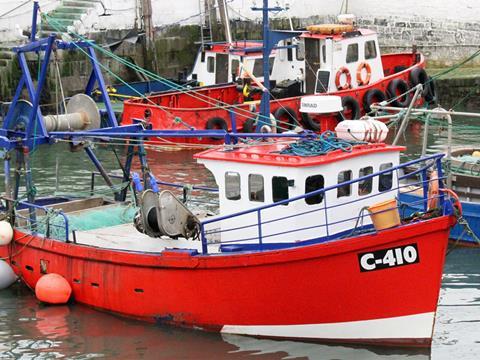
Supermarkets and the seafood industry have joined forces to call for more robust monitoring of UK fishing fleets after Brexit.
A coalition of 17 retailers, processors and industry groups have signed a joint seafood industry statement with conservation group WWF, urging the UK government to ensure its new Fisheries Bill delivers “confidence that UK seafood is sustainably and legally sourced”.
With just 1% of UK fishing activities currently monitored at sea, the government must ensure future legislation includes “strong monitoring measures”, the coalition warned.
A WWF report in October suggested technology such as remote electronic monitoring, with cameras and sensors, could be adopted across UK fleets as a cost-effective option to provide the information needed to improve the management of fisheries.
It would also help the UK to implement and monitor compliance with the upcoming landing obligation - or ‘discard ban’ - which is set to come into full effect next January, the group argued.
If the UK failed to effectively implement the landing obligation, it would be at risk of overfishing stocks “that we have spent years trying to rebuild and manage sustainably”, warned Helen McLachlan, WWF fisheries programme manager.
Discard ban
The government, which committed to help the UK fishing industry “end wasteful discarding” of fish under its 25-year Environment Plan, should also be doing more to encourage UK fleets to use fishing methods and gear that enables them to more selectively target species, the coalition said.
As they prepare the new Fisheries Bill, ministers should explore how fishing quotas could be better managed to address the problem of discarding, such as implementing measures to provide better access to quotas for so-called “choke” species, it suggested.
“The UK seafood industry has the potential to be world leading in both quality and sustainability,” said Peter Andrews, head of sustainability policy at the British Retail Consortium.
“However, if it cannot meet the terms of the landing obligation and is unable to monitor what fish are being removed at sea then we will be jeopardising that potential.”
Nigel Edwards, the chair of the Seafood Industry Alliance, added: “As responsible buyers of seafood we work with fishermen and scientists to achieve sustainably managed fisheries. Fully documenting fisheries is an essential step to demonstrate robust fishing management.”
Asda, BirdsEye, BRC, Co-op, Direct Seafoods, Joseph Robertson, Lidl UK, Lyons Seafoods, M&S, Morrisons, New England Seafood, Sainsbury’s, Seachill, Tesco, UK Seafood Industry Alliance, Waitrose and Young’s were all signatories to the statement.
The Seafood Industry Alliance and BRC will be asking for a meeting with the UK and devolved fisheries ministers to discuss how their concerns can be addressed.







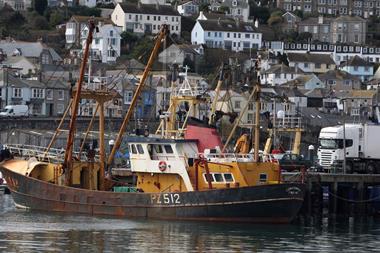
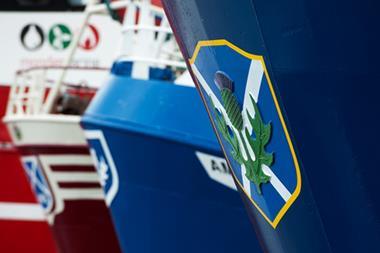
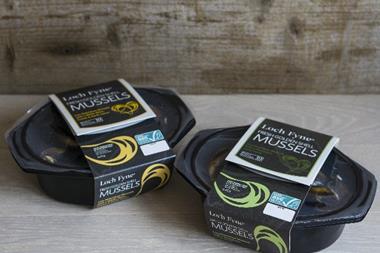

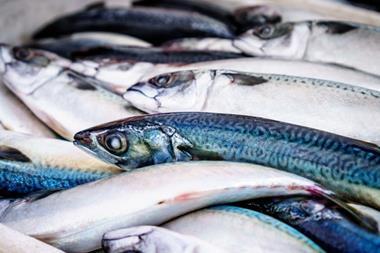
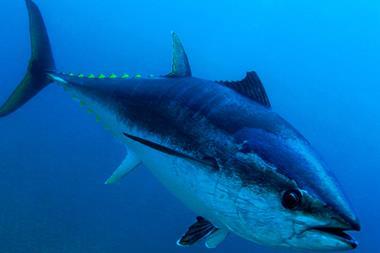






No comments yet